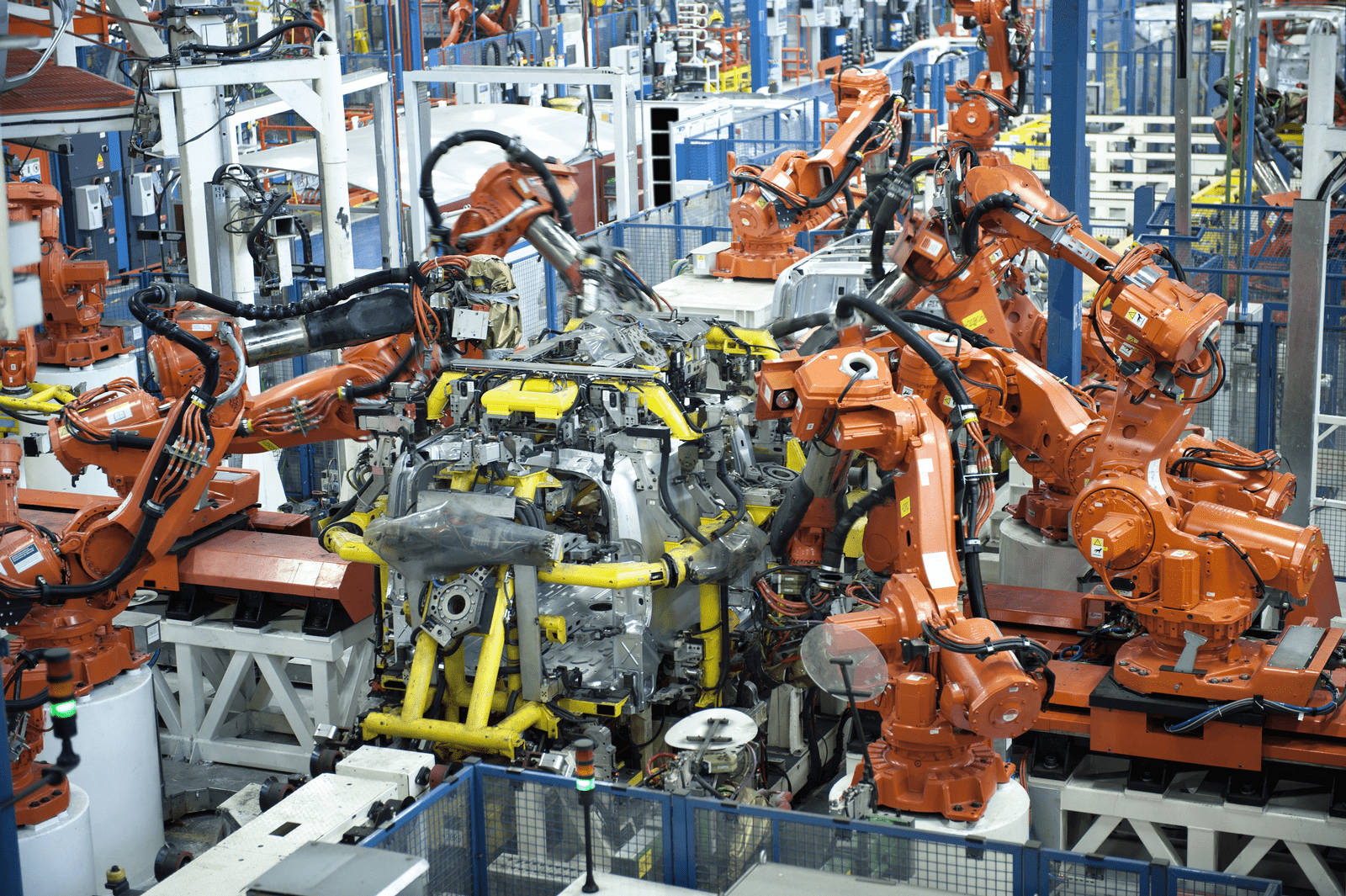Automation is a great thing in manufacturing. It enables continuous operations, predictable process performance, consistent product quality and lower labor costs. But allowing manufacturing processes to run on auto-pilot, without human involvement, can be a costly mistake. Human operators enable companies to: identify early warning signs of manufacturing issues to initiate preventative actions; develop process knowledge and problem-solving skills to more efficiently respond to issues; and recommend continuous improvement opportunities to minimize the risk of process change.
Early Warning
By the time automation alerts you that something is wrong, it is often too late to prevent the situation – increasing the frequency of total work stoppage. Most manufacturing problems don’t have an instantaneous start but have early warning signs before the real impact begins. Experienced human operators can often identify these warning signs before automated monitors generate alerts – providing an opportunity for preventative action to correct issues while the manufacturing process is running and avoid the business impact of an outage.
Efficient Response
Some problems can’t be avoided. When something goes wrong in an automated manufacturing process, production stops entirely while support staff first figure out how things were supposed to work before they can diagnose why they aren’t working. The daily interaction of manufacturing staff and equipment operators with the machinery provides opportunities for process knowledge to be developed and problem solving techniques to be practiced while the manufacturing line is running -before a business impacting downtime occurs.
Effective Solutions
Without SMEs who understand the day-to-day interworking of the processes, changes become more costly and higher risk because of the high dependency on process design documentation that reflect the way things were intended to operate (not the way they actually operate). Manufacturing staff with hands-on experience are able to recommend solutions with higher levels of efficacy to mitigate the risk of changes.
Automation in manufacturing is a trend that has been developing since the start of the first industrial revolution and every indication is that it will continue for the foreseeable future. Technology advances in machine learning, artificial intelligence, industrial robotics and operational technology (OT) are fueling the 4th industrial revolution and making it possible for manufacturing processes to conceptually run on “auto-pilot”. Just because autonomous manufacturing is possible, doesn’t mean it is a good idea.
Auto-pilot works great… until something goes wrong. Machine operators and other manufacturing staff are still an essential part of the problem-solving and continuous improvement processes needed to anticipate, respond, and prevent situations that can bring production to a standstill. When problems occur, it is your employees with their knowledge, experience and skill that will bring your operations back online so production can continue.
Modern manufacturing employees need to learn new ways of interacting with automation– how to harness data and the capabilities that technology provides as tools to enable them to be more effective in supporting the manufacturing process. Environmental scanning, critical thinking, problem-solving and decision-making are the new role of manufacturing workers. Much like a plane on a cross-country flight using auto-pilot still requires a vigilant and attentive pilot – automated manufacturing processes need operators prepared to step in and act if situations warrant.
For over 60 years, Kepner-Tregoe has worked with the world’s leading companies to improve business outcomes. The experts from KT deliver proven solutions that bring higher performance and consistency to operations by getting faster to the root cause of problems, making better decisions, managing risk proactively and executing more effectively. As the 4th industrial revolution brings new technology and autonomous automation into your manufacturing processes.
Kepner-Tregoe can help you identify when to let your operations run on auto-pilot and when to have your operations staff take control.







